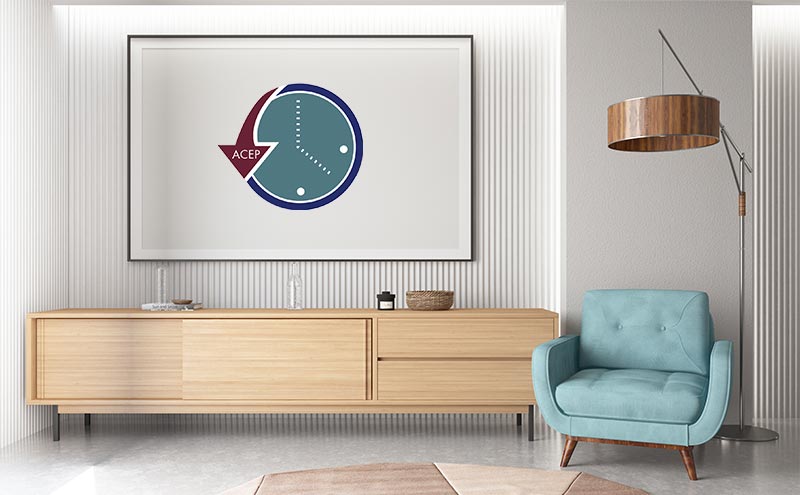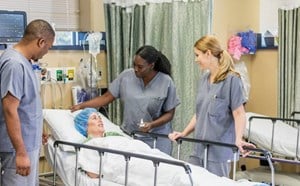
Message from the Chair
What a great year for Obs! Every time I leave Scientific Assembly, I have a new energy to go back home and keep fighting the good fight. If you didn’t make it to the meeting in Washington, DC, then you were missed and you missed out. That’s okay, though, because we are still a team of dedicated physicians committed to patient care, and we’ll continue to move forward together.
At the meeting this year, we had updates from our section alternate councilor, Dr. Kristy Ziontz. Probably the most significant piece of ACEP policy that came from the legislative session was the resounding support of the self-administered medication position (SAM), put forth by New York ACEP. Please look at Dr. Robert Bramante’s piece in this newsletter for more details. In addition, we had a healthy discussion with Dr. Lauren Southerland about geriatric patients in the observation unit. Her Ohio State University group has penned a manuscript, pending publication in Academic Emergency Medicine, about how they incorporated services to meet the needs of this group.
If you know me, you know that observation medicine is my baby, and like all children, it has grown up too fast! This year went by like lightening. However, we accomplished some great things. One of the more significant ones was the completion of the Psychiatric Practices in Observation survey. We have a piece in this issue summing up some findings, but we’ll be putting together a manuscript soon that will get deeper into the details. These vulnerable patients often find their way into the realm of observation, and we have made great strides as a group to get ahead of this issue. In a more behind-the-scenes fashion, the officers of the section have quietly made contributions to the forthcoming ACEP NSTEMI policy piece, as well as the Society of Hospital Medicine’s white paper on observation.
In this next year, we have much to do, but we have some defined goals in mind. The most complex goal is obtaining funding to make a promotional video that will help get our message out to the public – the message that observation is truly efficient care designed to benefit them medically and financially. At the meeting, we discussed how to communicate with one another. How groups communicate is changing rapidly. Like many of us, I started medical school at a time when email was a thing we would try to check once a week. Now, vital information is shared using this (technologically speaking) ancient technology. We have some tools we can access, and we are going to try a multi-tiered approach. The first is Basecamp. It is a robust system of messaging file storage that many companies use to share information. ACEP will be able to provide us with guidance and access to this. The other mechanism we will be trying this year is Facebook. Yes, I also get nauseated when people say that F word to my face, but I assure you all that there will be no Russian observation teams in our closed group. ACEP will manage this also. There may be advantages with Facebook, in that no one will really need to learn how to use it. In either case, next year at our meeting in San Diego, we want to assess which was the best option.
Thank you all for your support of our section this year, and we look forward to another great year in 2018.
Anwar Osborne, MD, MPM, FACEP
Assistant Professor, Emergency Medicine
Assistant Professor, Internal Medicine
Emory University School of Medicine
Department of Emergency Medicine
Medical Director Chest Pain Center, Observation Unit - EUHM


